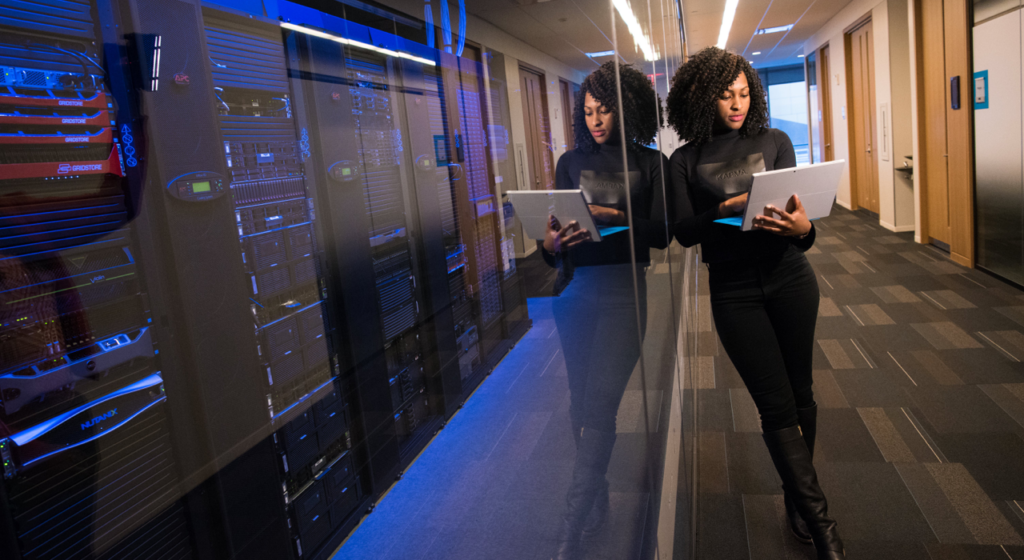People are turning to robots to support their career development after the COVID-19 pandemic left them feeling lonely and disconnected from their own lives, according to a new study by Oracle and HR research and advisory firm, Workplace Intelligence.
The study of more than 14,600 employees, managers, HR leaders, and C-level executives across 13 countries found that people all around the world have felt stuck in their personal and professional lives but are ready to regain control of their futures.
In the UK specifically, while people are still looking to technology to support their careers, they are a little more sceptical with 71 percent of people believing robots can help them better than humans. Similarly, 77 percent of people want technology to define their future, as opposed to 85 percent of people globally, and only 65 percent (75 percent globally) of Brits would make changes to their career based on recommendations by a robot.
Global findings reveal that 75 percent of people feel ‘stuck’ personally and professionally, and 88 percent of people say their meaning of success has changed since the pandemic started.
In addition, 87 percent of people globally (78 percent UK) believe their company should be doing more to listen to their needs and 55 percent globally (43 percent UK) are more likely to stay with a company that uses advanced technologies like AI to support career growth.
Richard Petley, senior vice president, Oracle UK, said: “In the last eighteen months, technology has helped us stay connected to loved ones, friends and colleagues. It’s no surprise that people are now turning to it to help enhance their careers, having seen the benefits of it in their personal lives. Like everyone across the world, British people are turning to technology to help them revaluate what they want both personally and professionally, and to help break the malaise of feeling ‘stuck’ – albeit with a dose of British scepticism.”
Dan Schawbel, managing partner at Workplace Intelligence, added: “The past year and a half changed how we work including where we work and, for a lot of people, who we work for. While there have been a lot of challenges for both employees and employers, this has been an opportunity to change the workplace for the better. The results clearly show that investment in skills and career development is now a key differentiator for employers as it plays a significant role in employees feeling like they have control over their personal and professional lives. Businesses that invest in their employees and help them find opportunities will reap the benefits of a productive, engaged workforce.”



